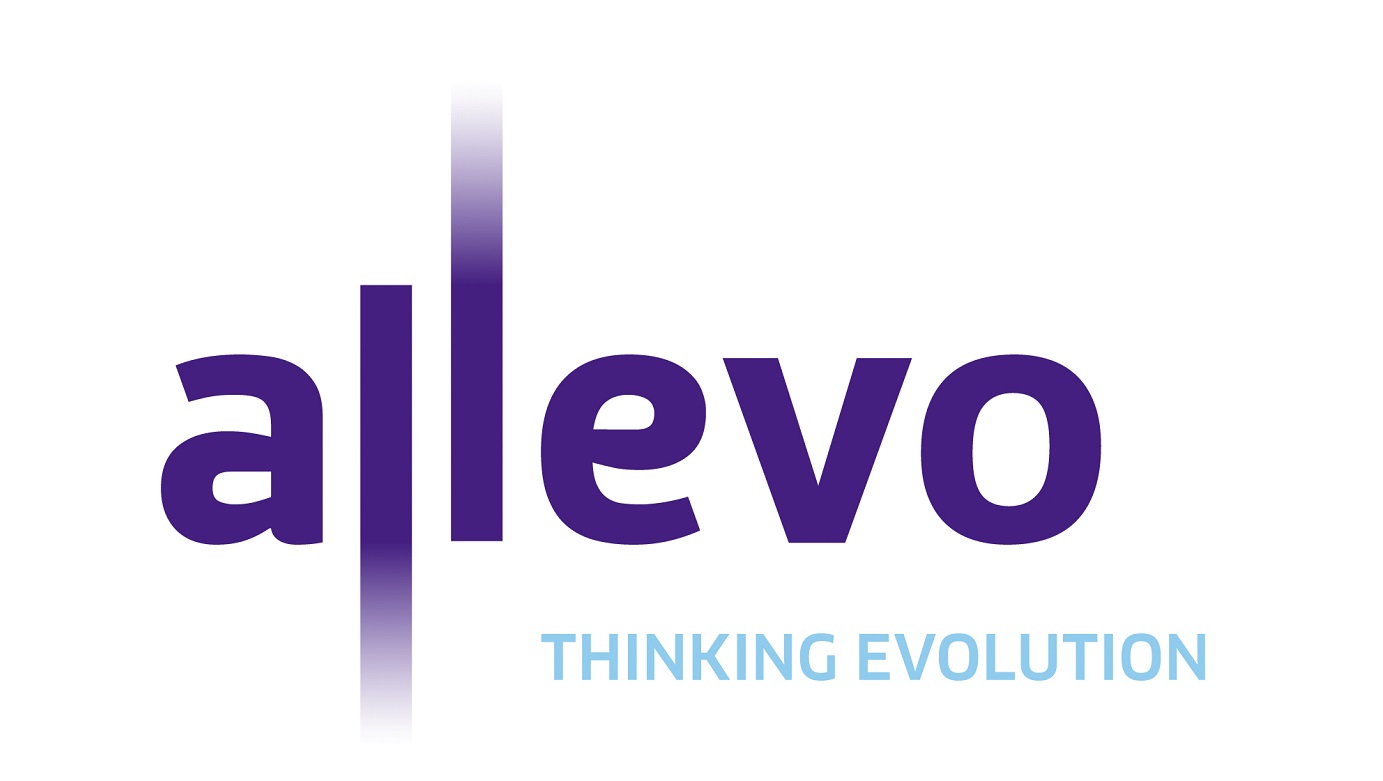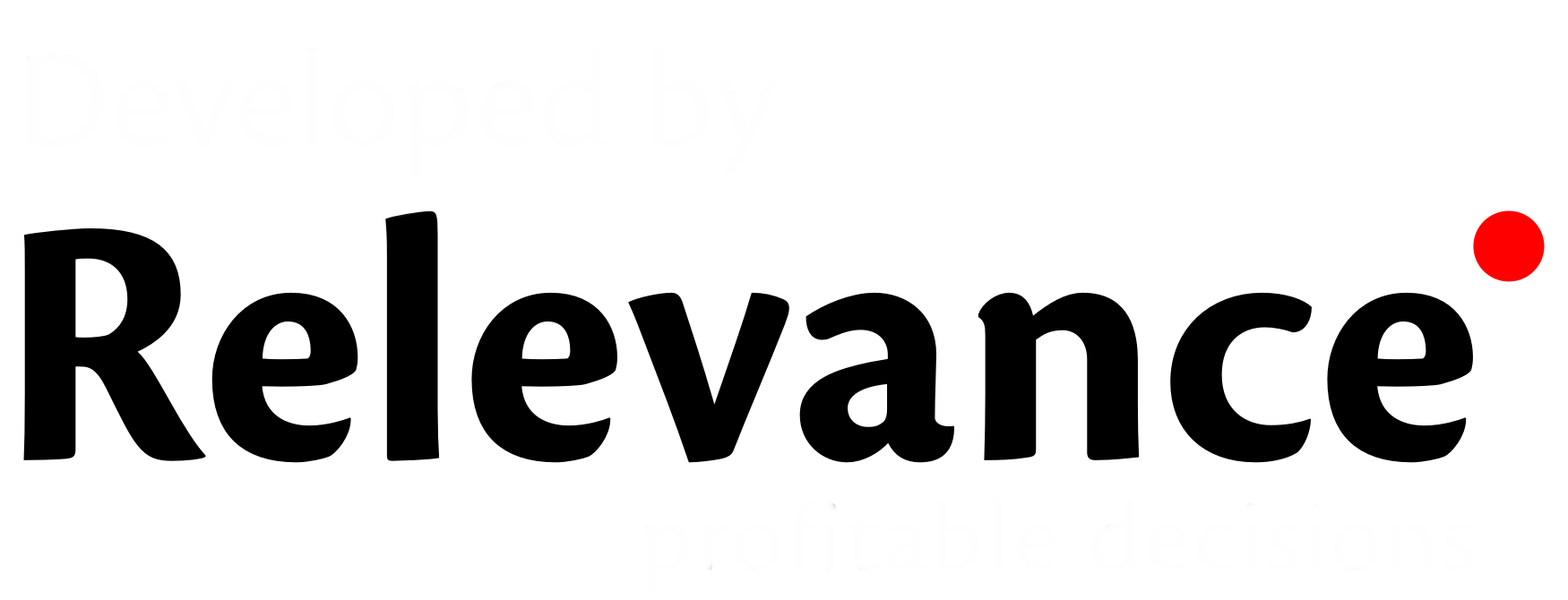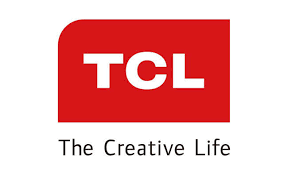The new changes made in the Fiscal Code, including the overtaxing of part-time employment contracts, the obligation of the employment of at least one full-time person and the increase of the profit tax to 16% for consulting companies, represent an obstacle to the development of the business environment, but especially with a huge impact on micro-enterprises, with a high chance of killing small entrepreneurs, points out entrepreneur Roxana Epure, Managing Partner of NextUp, a software company.
 “The changes made in the Fiscal Code have a severe impact on businesses, entrepreneurs and employees alike. As an entrepreneur in permanent contact with small and medium enterprises in Romania, I can confirm that the biggest impact will be felt, in particular, by micro-enterprises, the belief of the business environment being that the effect of these fiscal measures will be to kill small entrepreneurs. Some negative effects are already visible in the market, such as the dismissal of part-time employees, which is a sign that the new version of the Fiscal Code is suppressing an important category of companies. We will see if the state will have a real gain, as it predicts, or if it only constrains the business environment, without the desired effects”, declares Roxana Epure, Managing Partner NextUp.
“The changes made in the Fiscal Code have a severe impact on businesses, entrepreneurs and employees alike. As an entrepreneur in permanent contact with small and medium enterprises in Romania, I can confirm that the biggest impact will be felt, in particular, by micro-enterprises, the belief of the business environment being that the effect of these fiscal measures will be to kill small entrepreneurs. Some negative effects are already visible in the market, such as the dismissal of part-time employees, which is a sign that the new version of the Fiscal Code is suppressing an important category of companies. We will see if the state will have a real gain, as it predicts, or if it only constrains the business environment, without the desired effects”, declares Roxana Epure, Managing Partner NextUp.
In fact, according to data from NextUp, which has a payroll and employment contract management software in its portfolio, 15% of its clients intend to cancel the part-time employment contracts, because from August 1st employers are obliged to pay higher taxes as for a full-time contract. In addition, through the new tax changes, companies are burdened with new reports such as SAF-T, e-Invoice or e-Transport, which require additional time consumption.
“With the rapid change of the Fiscal Code in the middle of the summer and with the entry into force of new measures from August 1st, any trace of predictability for the private sector disappears. Entrepreneurs cannot create their business strategies and budget plans as long as the political and fiscal environment constantly surprises us with changes, but especially with changes that impact business strongly. In addition to unpredictability, there is a great deficiency in the way the state collaborates with the private sector. There have always been promises of digitizing the relationship between the two entities, and at the moment the decisions of digitization are only attempts, not changes that should simplify the business activity”, points out Roxana Epure, Managing Partner NextUp.
More precisely, the state complicates the activity of companies, employees, and entrepreneurs through thick reports about everything that happens in a business, through the SAF-T and e-Invoice systems. Thus, in the opinion of entrepreneur Roxana Epure, the state is only simulating the digitization of its relationship with the business environment, practically forcing companies to incur unforeseen expenses with new digitization solutions necessary for reporting all data about their business to ANAF and for additional activities.
In this context, so that businesses do not perceive SAF-T reporting and the transmission of data from invoices to the e-Invoice system as time-consuming responsibilities, NextUp has created two solutions for automating the extraction and transmission of data to the state, processes that take between 5 minutes and 20 minutes depending on the number of invoices and the amount of existing data, and which helps companies avoid spending on additional resources.


































